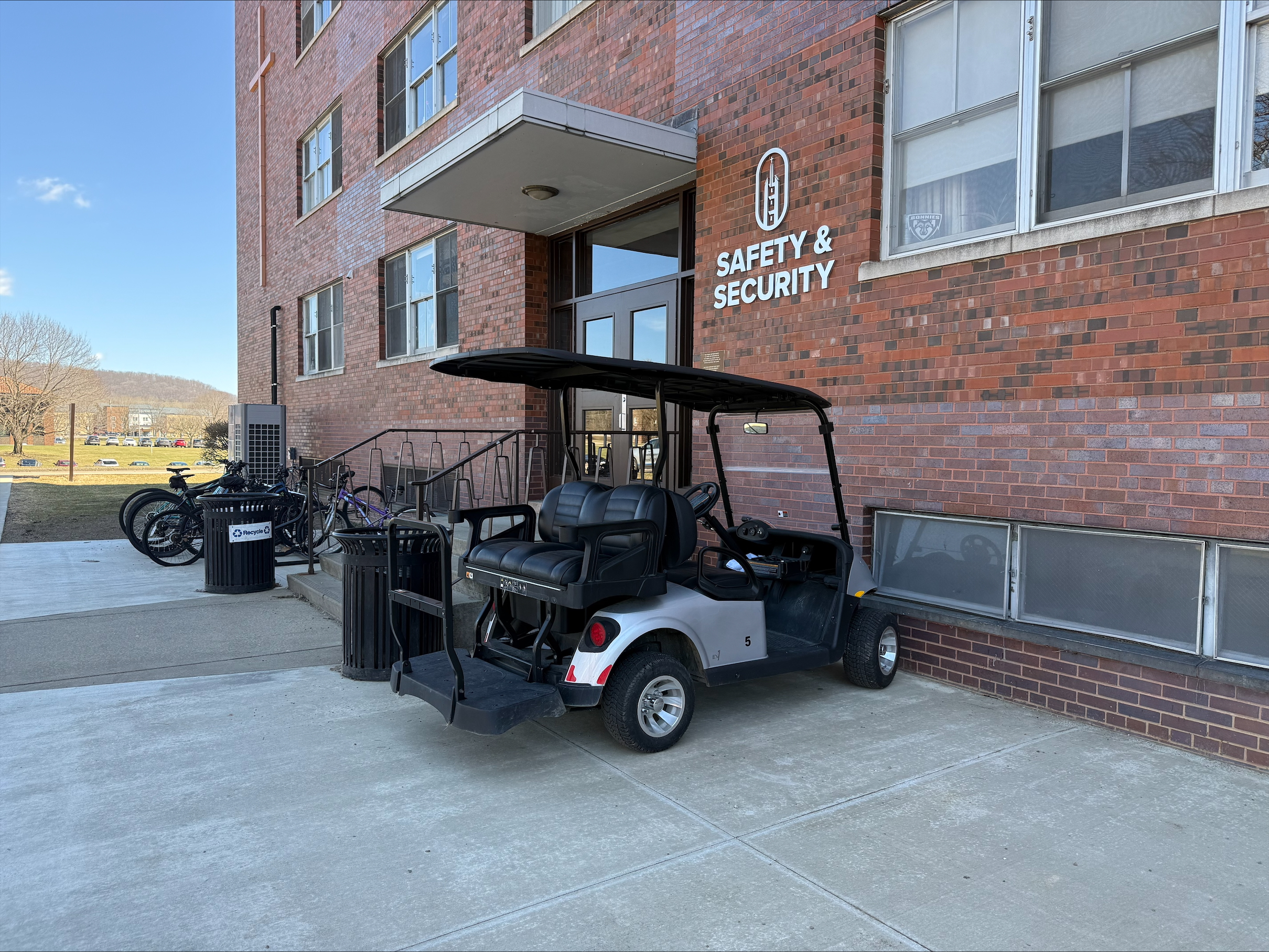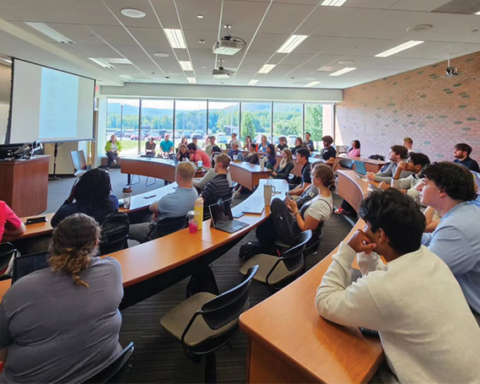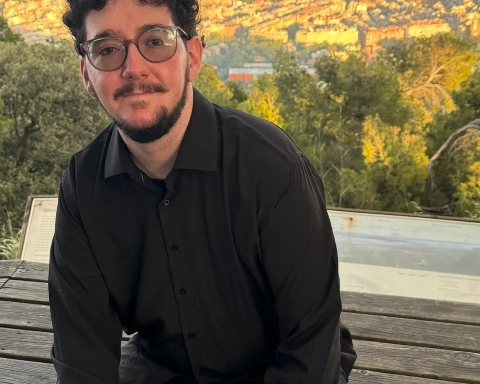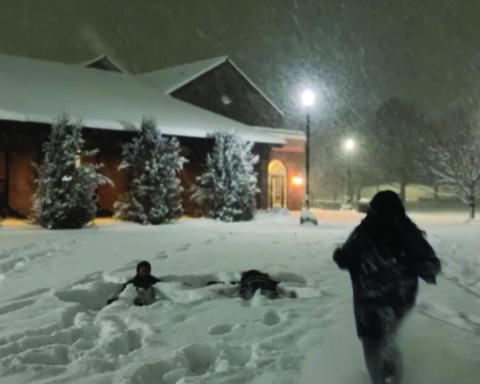According to Joseph Zimmer, Ph.D., provost, St. Bonaventure has been considering adding a health program to its curriculum for at least the past 10 years. Next year may be the time that those plans finally come to fruition.
“We’re exploring undergraduate and graduate options in Allied Health,” Zimmer said. “So, we are hoping to bring our undergrad program up by fall of 2017.”
After going through research, the university decided that working on developing an Allied Health program will prove beneficial to Bona’s. The program could include programs in the health care field, not including nursing or a medical school.
According to Claire Watson, Ph.D., director of the Allied Health Initiative at Bona’s, the new programs would be different from the university’s current Franciscan Health Care Programs (FHCP). FHCP programs feed pre-med students to various medical schools around the country, including University at Buffalo Dental School, George Washington University Medical School and Lake Erie College of Osteopathic Medicine. However, the Allied Health program could prove a complement to the current FHCPs.

“We are not looking to end [the FHCP] programs at all,” Zimmer added. “In fact, [Allied Health] would complement that, because it would provide another option should we be successful in getting the initiative through.”
Zimmer acknowledged that Bona’s used to have a gerontology program, which focuses on elderly health care. He said that while the new Allied Health program would most likely not include a re-upped gerontology major, it could be possible in the future.
“Gerontology, public health and pharmacy are possibilities. We aren’t planning on those, but there’s obviously an opportunity,” Zimmer said.
“We’ve got a lot of possibilities,” Watson said.
Both Zimmer and Watson think the program could prove beneficial to the university in a variety of ways, including increasing enrollment and providing more opportunities for students. Watson noted that there may well be internal transfers who see further options within the school.
Zimmer noted the burgeoning interest in health care as a reason to create this new program.
“Health care professions are the fastest-growing professions in the country. Forty-eight percent of all ACT takers list health and health-related professions as their preferred profession,” Zimmer said. “We are not on that map other than as FHCP. We’re putting a stake in the ground in the health world.”

He added that initiative could be a “game changer” for the university.
“By establishing the school, developing undergrad and grad programs, we can add to a portfolio of programs SBU provides that are high quality,” he said.
Zimmer noted that Andrew Roth, Ph.D., interim president of the university, helped to jumpstart a nursing program at his past university, Notre Dame College in Ohio. However, the program at Bonaventure would not focus on nursing, but rather on public health.
Watson said her role is in setting up the program, starting with the curriculum. She is working with Monica Thomas, Ph.D., director of the Franciscan Health Care Program.
“We’re making sure it’s done properly in terms of all the senate guidelines, state guidelines, making sure it’s a less bumpy road,” Watson said.
mcelfrdh14@bonaventure.edu





